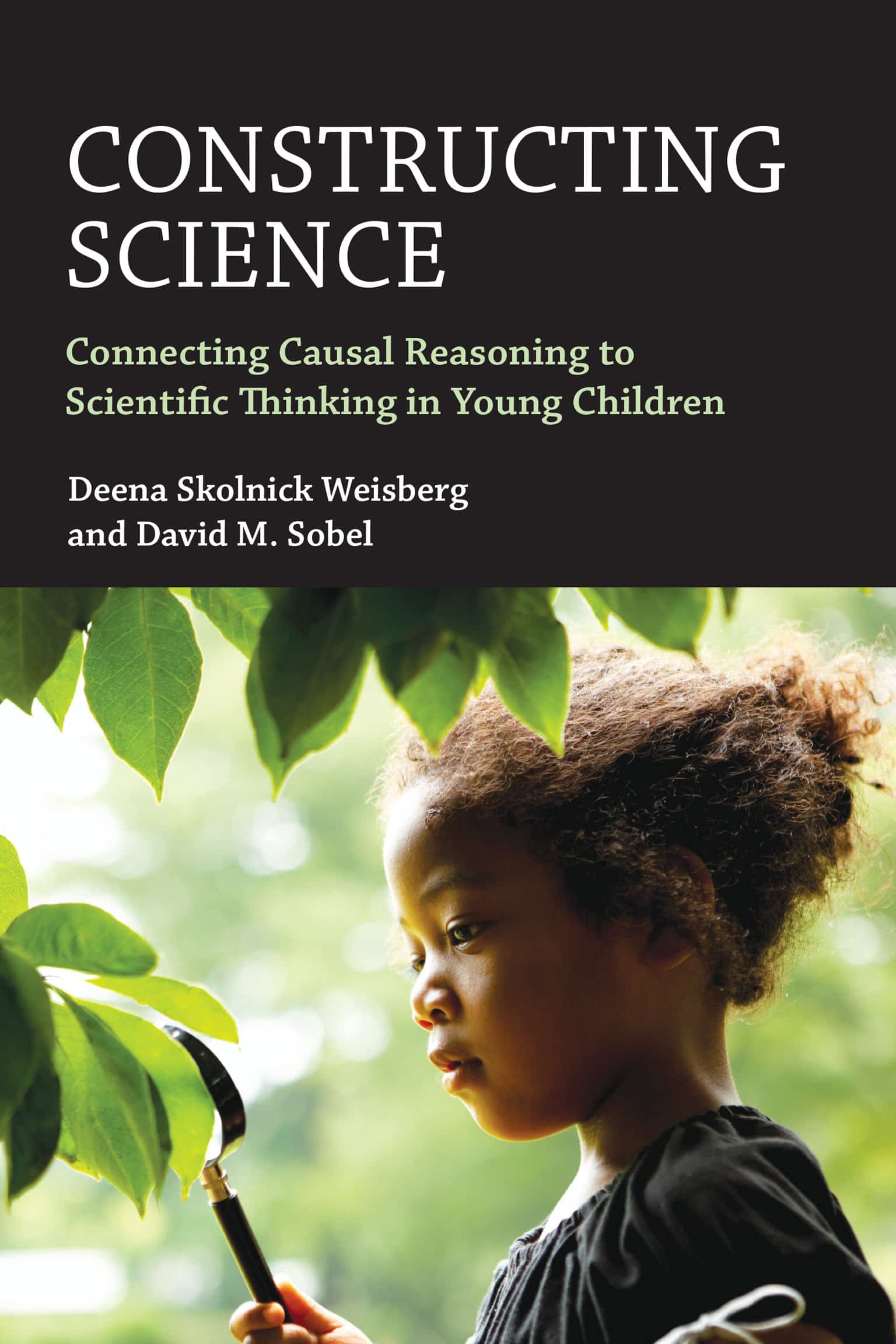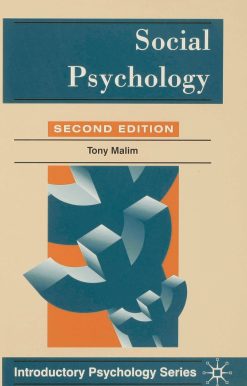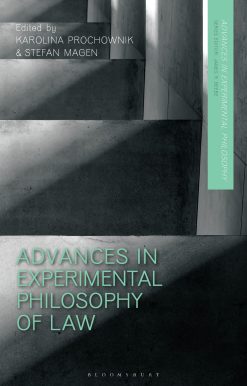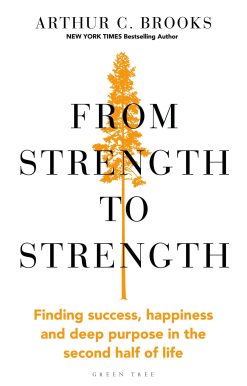Connecting Causal Reasoning to Scientific Thinking in Young Children: Constructing Science
55.00 JOD
Please allow 2 – 5 weeks for delivery of this item
Description
An examination of children’s causal reasoning capacities and how those capacities serve as the foundation of their scientific thinking.Young children have remarkable capacities for causal reasoning, which are part of the foundation of their scientific thinking abilities. In Constructing Science, Deena Weisberg and David Sobel trace the ways that young children’s sophisticated causal reasoning abilities combine with other cognitive, metacognitive, and social factors to develop into a more mature set of scientific thinking abilities. Conceptualizing scientific thinking as the suite of skills that allows people to generate hypotheses, solve problems, and explain aspects of the world, Weisberg and Sobel argue that understanding how this capacity develops can offer insights into how we can become a more scientifically literate society.Investigating the development of causal reasoning and how it sets the stage for scientific thinking in the elementary school years and beyond, Weisberg and Sobel outline a framework for understanding how children represent and learn causal knowledge and identify key variables that differ between causal reasoning and scientific thinking. They present empirical studies suggesting ways to bridge the gap between causal reasoning and scientific thinking, focusing on two factors: contextualization and metacognitive thinking abilities. Finally, they examine children’s explicit understanding of such concepts as science, learning, play, and teaching.
Additional information
| Weight | 0.6100852 kg |
|---|---|
| Dimensions | 2.3368 × 15.24 × 22.86 cm |
| by | |
| Format | Paperback |
| Language | |
| Pages | 392 |
| Publisher | |
| Year Published | 2022-9-20 |
| Imprint | |
| Publication City/Country | USA |
| ISBN 10 | 0262044684 |
| About The Author | Deena Skolnick Weisberg is Assistant Professor in the Department of Psychological and Brain Sciences at Villanova University, where she directs the Scientific Thinking and Representation (STAR) Laboratory. David M. Sobel is Professor in the Department of Cognitive, Linguistic, and Psychological Sciences at Brown University, where he directs the Causality and Mind Lab. He is coeditor of Cognitive Development in Museum Settings: Relating Research to Practice. |
| Other text | “Brilliant. Weisberg and Sobel’s Constructing Science challenges current conceptions on the development of scientific thinking. Young explorers in the crib are not yet scientists, nor are those who merely dive into the content of physics, biology, or chemistry. Rather, scientists engage in a process of thinking that investigates problems using complex skills of curiosity, evaluating evidence and intentionality. Reviewing massive amounts of evidence, the authors illustrate how the infant who demonstrates causal thinking evolves into the inquisitive scientist who takes this thinking well beyond the laboratory. They thus reframe what it means to ‘do’ science and ways to teach it.” —Kathy Hirsh-Pasek, Professor of Psychology, Temple University; Senior Fellow, Brookings Institution; author of Becoming Brilliant and Einstein Never Used Flashcards “Causal reasoning and metacognition are crucial parts of mature scientific thought, but how do those abilities emerge in children? Weisberg and Sobel bring together several lines of research to address this question, including many important studies from their own labs. They explore in detail early precursors of these skills and how they develop throughout life. To help readers truly appreciate the issues and methods, they provide superb in-depth tutorials on how research proceeds in some of the most active research areas of cognitive science and development. Constructing Science is essential reading for anyone interested in how some people come to think as scientists and how all of us could come closer to that mode of thought.” —Frank Keil, Charles C. & Dorathea S. Dilley Professor of Psychology, Linguistics, and Cognitive Science, Yale University; author of Wonder: Childhood and the Lifelong Love of Science |
| Table Of Content | Acknowledgments ixI The Foundations of Scientific Thinking1 How Do We Develop the Capacity to Think Scientifically? 32 The Evolution of Rational Constructivism 213 Beyond Rational Constructivism 61II Bridging Causal Reasoning to Scientific Thinking5 A New Blicket Detector Task 1256 Contextualization in Causal Reasoning and Scientific Thinking 1357 Causal Reasoning and the Development of Metacognitive Thinking: Cross-Sectional and Longitudinal Investigations 153III Children's Explicit Definitions of Abstract Concepts8 Children's Definitions of "Science" 1779 Children's Definitions of "Learning" and "Teaching" 21910 Children's Definitions of "Pretending" 239IV Conclusion11 What Does It Mean to Engage in Scientific Thinking? 271Notes 289References 307Index 359 |
Only logged in customers who have purchased this product may leave a review.






Reviews
There are no reviews yet.